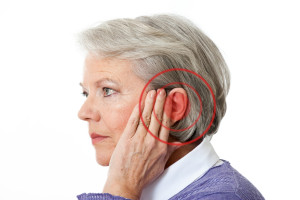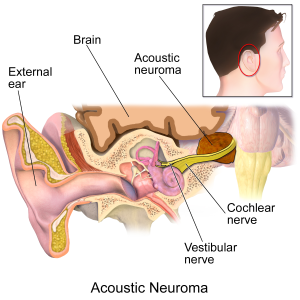What is “Holistic Treatment?”
Holistic medicine is an approach to healing that takes the body, mind, spirit, and emotions into consideration when treating an illness to optimize all influences on health. Holistic practitioners use a wide variety of approaches to healthcare, including both conventional and alternative therapies. Stephen Katz, a leading Manhattan tinnitus treatment psychologist, finds that patients with tinnitus benefit from a multi-disciplinary approach.
The holistic approach to medicine looks at a person and their environment, taking all aspects of the person’s life into consideration. Since tinnitus is a disorder that results from interplay of different systems, patients benefit from a holistic approach. Stephen Katz, a leading New York City psychologist who specializes in treatment of tinnitus, finds that his patients are better able to cope with tinnitus by using a holistic approach.
Holistic Treatment Options Help Patients with Tinnitus
Many factors that increase tinnitus can be addressed by behavior modifications. Sleep deprivation and stress can increase the negative life effects of tinnitus, so Stephen Katz works with this patients to identify factors in their lives that can be changed to result in life improvement when living with this condition.
Some holistic therapies that Stephen Katz has used successfully when treating patients with tinnitus include behavior modifications like exercise, which reduces stress and also improves blood flow to the ear.
Because the brain generates tinnitus, it is alleviated sometimes by concentrating on external stimuli. Biofeedback is one holistic therapy that is very useful when used to treat patients with tinnitus. Relaxation and stress reduction are techniques that can be learned, and they constitute an important element of holistic treatment for tinnitus.
The technique of using white noise, whether on a machine or on an iPod, can be extremely helpful to patients suffering from tinnitus. White noise at a low level can mask the sensation of tinnitus.
According to Stephen Katz, studies have shown that avoidance of nicotine and caffeine both reduce the symptoms associated with tinnitus. Stephen Katz urges his patients to limit alcohol intake and to stop smoking.
Stephen Katz suggests that patients with tinnitus limit the use of aspirin-containing products or NSAIDs like ibuprofen and naproxen.
 Diet and Supplements in Tinnitus
Diet and Supplements in Tinnitus
There is no hard evidence that certain foods are linked with tinnitus, but patients have found that certain foods and supplements have been effective to reduce symptoms.
Some foods offer a natural way to reduce tinnitus. Eating fresh pineapple can increase your blood flow, and eating garlic is a well-known natural way to reduce inflammation, which contributes to damage to the ear. Reduction of salt will help keep blood pressure normal, and this can reduce symptoms you may be experiencing if you suffer from tinnitus.
People who suffer from tinnitus can benefit from massaging oils of lemon, cypress, or rosemary into the scalp, which increases circulation. Aromatherapy has been helpful for some patients. Gingko balboa is thought to reduce dizziness associated with tinnitus in people with Meniere’s disease, and supplements like Fenugreek or Coenzyme Q are also very helpful, as they increase blood flow and reduce discomfort and inflammation.
Other Considerations
Stephen Katz may determine your tinnitus is caused by excessive buildup of earwax. Other mechanical causes include ear infections or dental problems. Trauma to the ear can result in tinnitus. If you have tinnitus, be sure to avoid loud noises and other triggers. You may decide to use earplugs to avoid further injury from noise.Holistic medicine is an approach to healing that takes the body, mind, spirit, and emotions into consideration when treating an illness to optimize all influences on health. Holistic practitioners use a wide variety of approaches to healthcare, including both conventional and alternative therapies. Stephen Katz, a leading Manhattan tinnitus treatment psychologist, finds that patients with tinnitus benefit from a multi-disciplinary approach.
Stephen Katz is a Leading Manhattan Tinnitus Treatment psychologist
Many of the behaviors that increase tinnitus can be modified. Stephen Katz, a leading NYC tinnitus treatment psychologist, uses a holistic approach to help patients reduce the symptoms of tinnitus that disrupt their lives. If you are suffering from tinnitus, call our office at 646-213-2321 for a consultation today.


 Diet and Supplements in Tinnitus
Diet and Supplements in Tinnitus